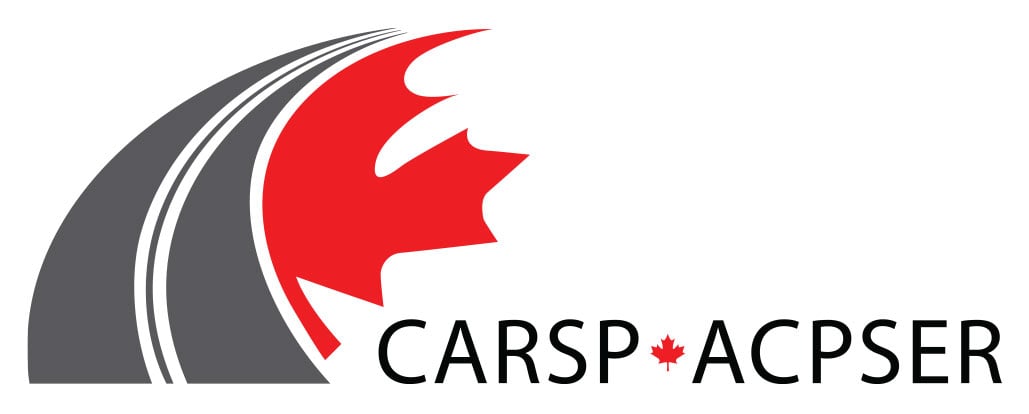Public Opinion Survey of Drugs and Driving in Canada
Author(s): Brian Jonah, Valerie Todd
Slidedeck Presentation:
2B Jonah_Public Opinion Survey of Drugs and Driving in Canada
Abstract:
This survey addresses the public's awareness of the drugged driving problem, perception of its
nature, knowledge about legislation related to drug impaired driving, attitudes toward drug impaired
driving and measures to deter it, and self-reported driving after the use of alcohol and/or drugs. The
results of the survey will help identify the target groups for public awareness campaigns and the
messages that might resonate with various targets groups. A total of 1,500 licensed Canadians who
had driven in the previous 30 days participated in the survey in November 2012. The sample was
regionally based so that comparisons could be made across the country. The response rate was
27%. About 80% of respondents were very concerned (6 or 7 on 7-point scale) about alcohol
impaired driving, higher than that for using street drugs (e.g., cocaine) and driving (67%), or using
cannabis and driving (58%). While 85% knew that drug impaired driving is a criminal offence, only
16% knew that the licence suspension on conviction is 12 months. The majority (58%) were unsure
whether their province/territory has administrative laws dealing with drug impaired driving. While
26% thought alcohol impaired driving had increased during the past five years, 41% thought that
driving while impaired by cannabis had increased. About 90% strongly agreed that alcohol impairs
driving but only 68% agreed that cannabis impairs driving. While 64 % thought that it was very likely
that a driver would be stopped and charged for alcohol impaired driving, only 26% believed this for
cannabis. About 16% of drivers said that they had driven after consuming more than one drink in the
last 30 days, while this percentage was 9.8% for prescription drugs, 8.6% for non-prescription drugs,
2.4% for cannabis, and less that 1% for street drugs. There was strong support for measures such
as immediate three-day licence suspensions for drug impaired drivers (76%) and requiring drivers
involved in serious collisions to be tested for alcohol and drugs (84%) but not for random drug testing
for drugs(46%). The results of the survey suggest some target groups for a public awareness
campaign (e.g., young drivers who use cannabis) and the need to raise awareness about the
impairing effects of illegal and some medicinal drugs.
